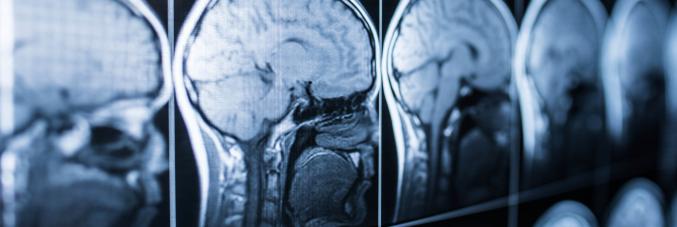
Bayesian analysis of neuroimaging data
24.09.2024
As part of the seminars organized by the “Padua Neuroscience Center – PNC”, Peter Zeidman will give a talk entitled “Bayesian analysis of neuroimaging data” on Friday, September 27, 2024, at the Fondazione Ricerca Biomedica Avanzata VIMM, Via Orus 2 – Padova (Building A, Ground Floor).
In this talk, the speaker will introduce methods for identifying the neural and vascular physiology that gives rise to non-invasive human neuroimaging data (e.g. MRI, fMRI, fNIRS, M/EEG). These methods enable us to go beyond simply describing our data, and test hypotheses about underlying neural and vascular mechanisms that cause the data. The key ingredients are Bayesian statistical methods, which enable us to quantify the evidence for competing explanations for how our data were generated. In particular, using worked examples from clinical and cognitive neuroscience, the speaker will highlight 1) a Bayesian approach for statistical parametric mapping of fMRI data and Voxel Based Morphometry (VBM), and 2) state-space models of neural connectivity and vascular dynamics. All the methods described are freely available in the SPM software package, among others.
Peter Zeidman is a cognitive neuroscientist, with a deep interest in how the human brain changes in ageing and dementia. He leads the Neurovascular Modelling Group at the Wellcome Centre for Human Neuroimaging at the University College London, where he is also Chair of the Methods Group.
His research focus on how the brain and its blood supply change as we age, using mathematical modelling and non-invasive measures of brain function. He is developing analysis techniques for investigating brain function, using signals recorded from brain imaging devices (MRI, M/EEG). His work aims also at developing statistical methods for analysing neuroimaging data, and make them available via the open source software package SPM. His technical interests focus on Bayesian analysis methods and dynamical systems, particularly Dynamic Causal Modelling (DCM), which is a framework for investigating the function and circuitry of the human brain.
The seminar is held in English, and it is open to professors, researchers, lecturers, Ph.D. students, postdoctoral fellows and grant holders.
Attendance is free as long as seats are available.
Further information: administration.pnc@unipd.it



